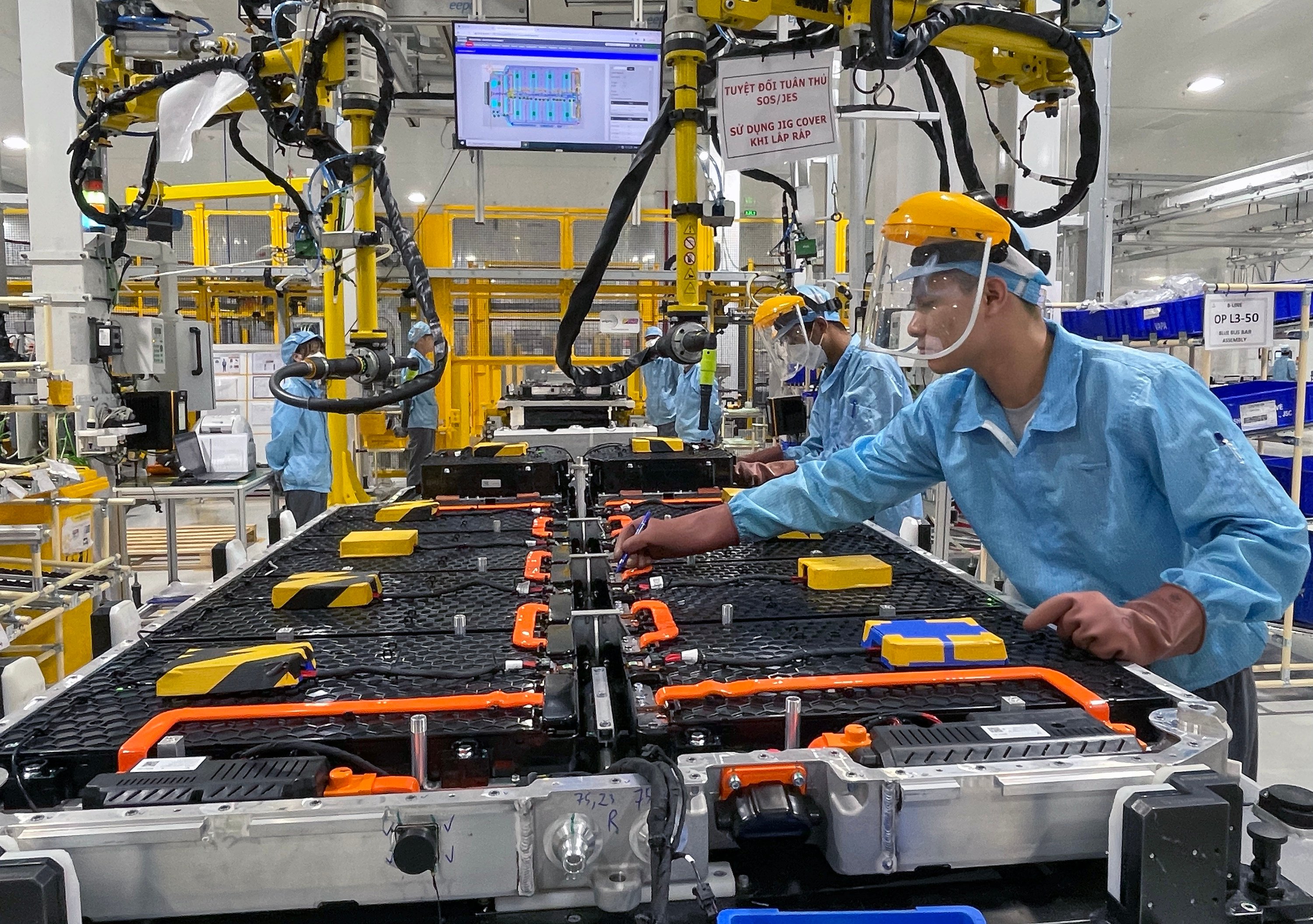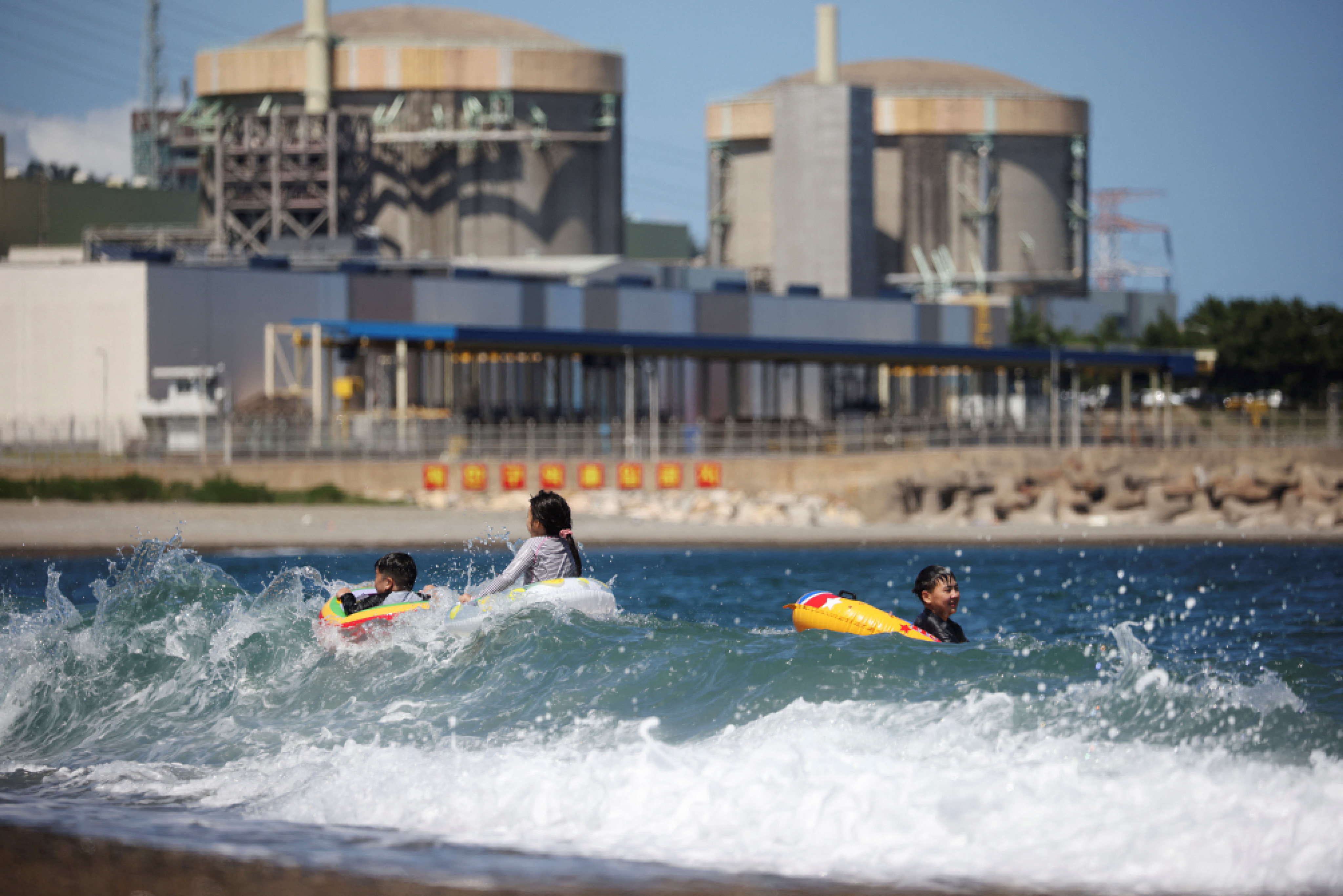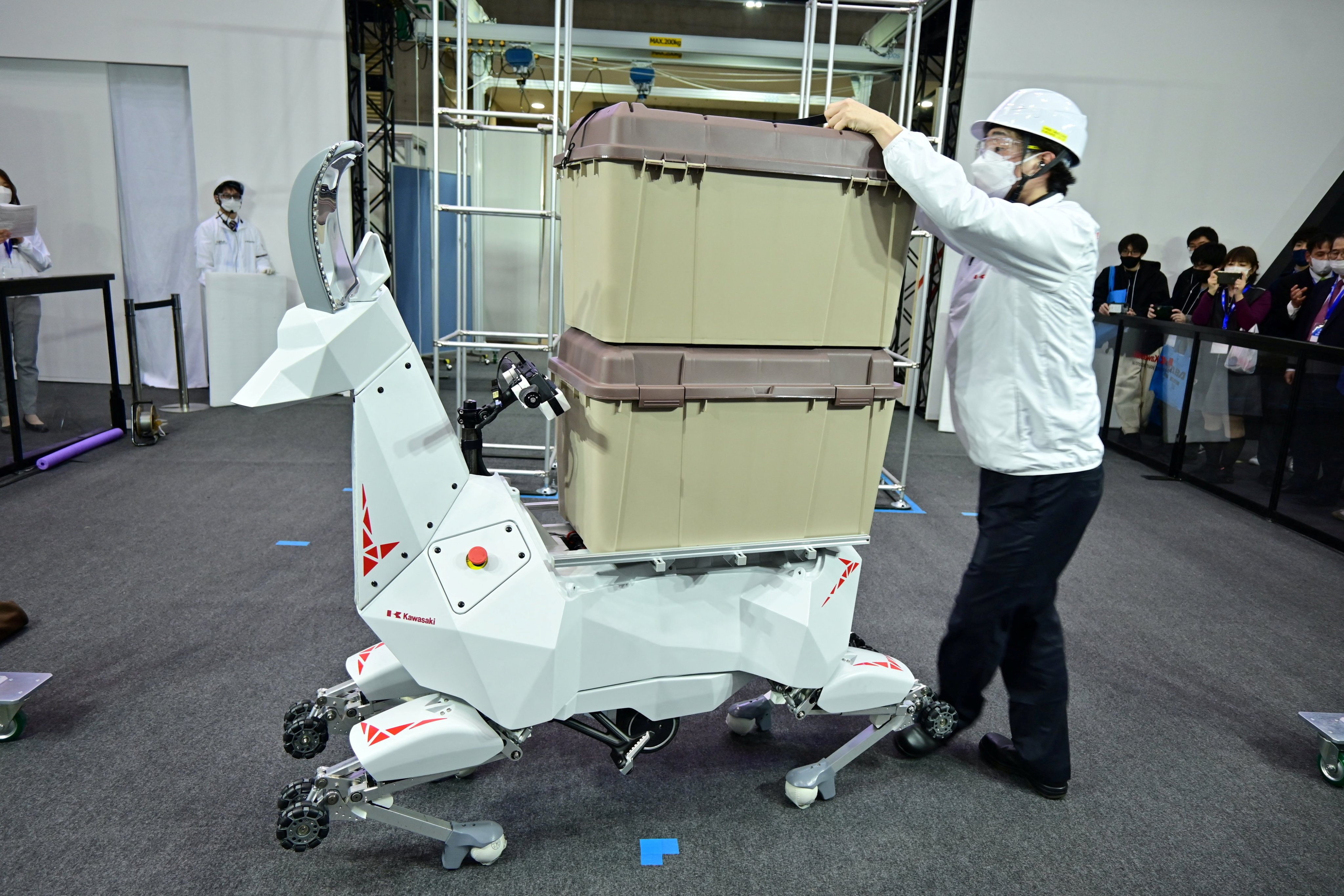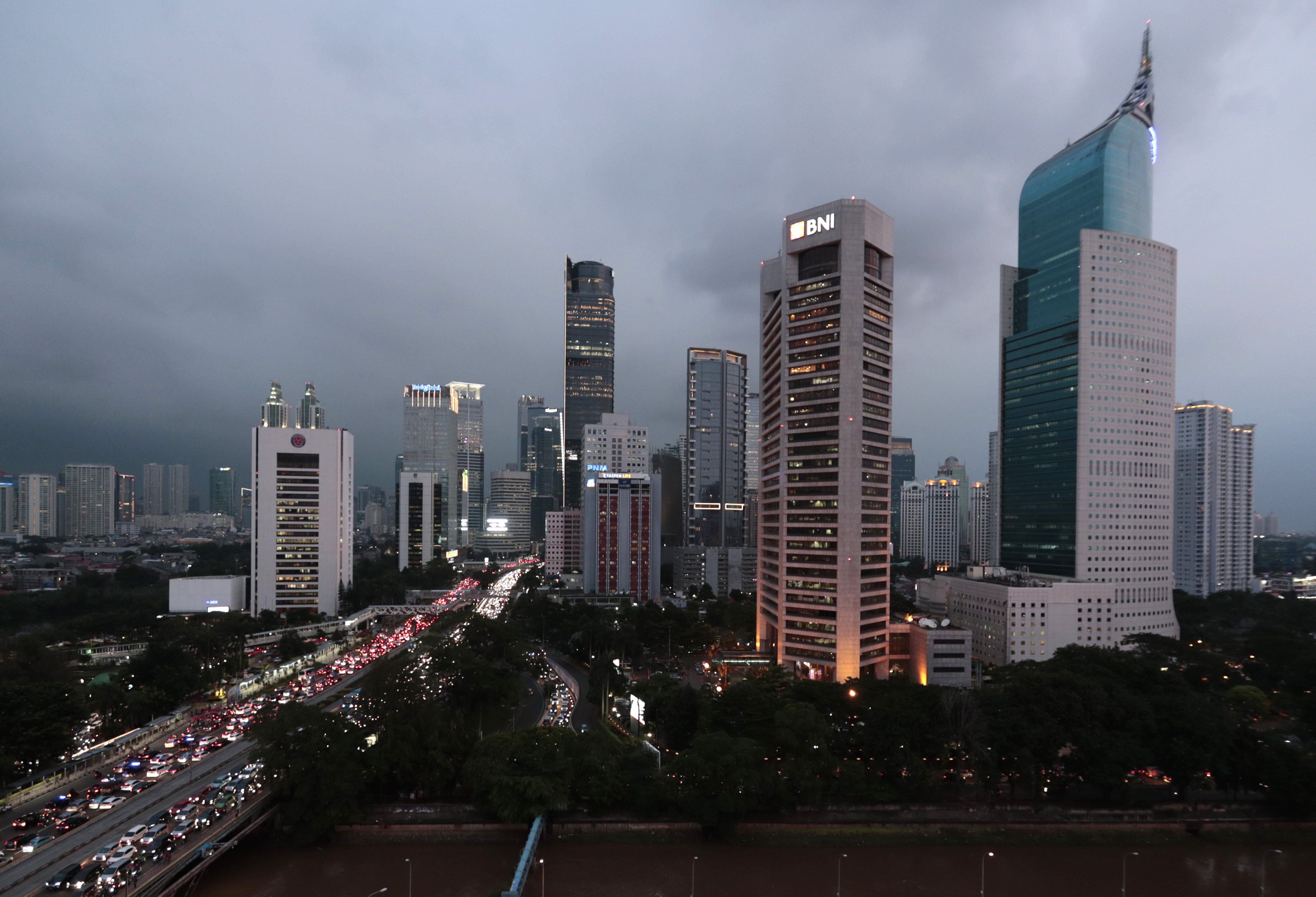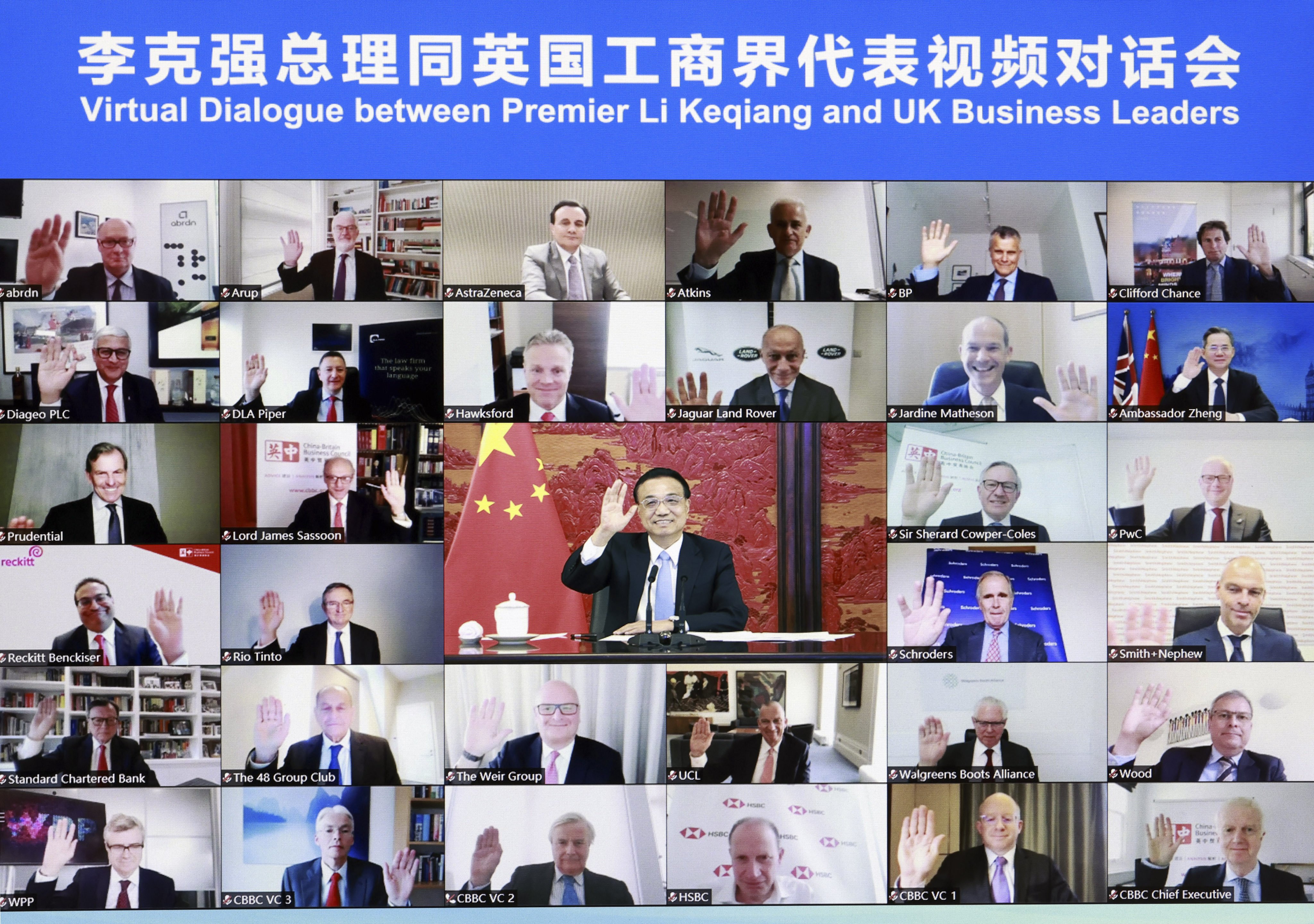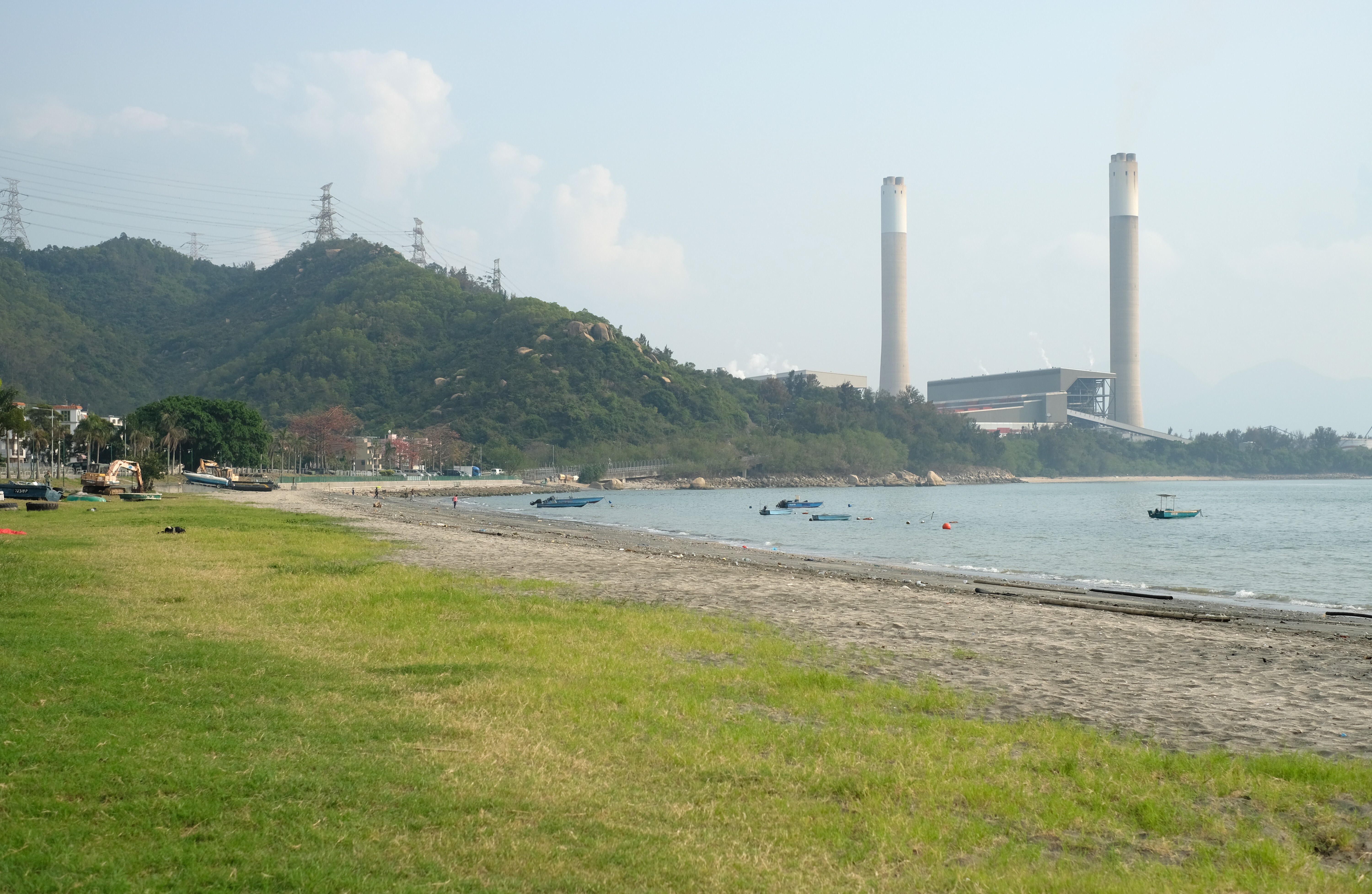
China’s growth, global economic conditions, geopolitical tensions and energy transition ambiguity are all risks. Businesses can prepare by boosting in-house intelligence and diversity in recruitment and operations.
From electricity to public transport and logistics, more inter-regional cooperation and investment is needed, as well as innovation. Hong Kong can both serve as a conduit for mainland Chinese investment into Southeast Asia and provide sustainability finance expertise
Biotech is especially important given the ageing population and economic ambitions of Hong Kong – and China as a whole. For the world, biotech protectionism will lead to more expensive treatments and greater health insecurity.
Much like carbon emissions, companies will soon be expected to monitor their impact on biodiversity. Measures to promote and preserve biodiversity will need to go beyond greenwashing practices like pledges to plant trees.
The steady rise of AI technology has left governments, industries and institutions scrambling to catch up and establish rules of the road. As a knowledge-based economy, Hong Kong can lead the way in building a regulatory framework that limits the harmful impact of AI and maximises its benefits.
The latest Asia Business Council survey shows firms are worried about politics encroaching on business and driving potential decoupling. Energy is the top concern amid high prices and the continuing fallout from Russia’s invasion of Ukraine.
More companies are collaborating to explore how the metaverse could make operations more efficient, which could form the building blocks of the next-generation internet. Just as the internet allows information and innovations to be shared across borders, the world will benefit most from having an open metaverse.
With an abundance of capital and talent, Asia’s growing tech hubs are luring investors away from Silicon Valley. Start-ups seeking to solve global issues such as climate change, ageing-related illnesses and supply-chain bottlenecks will offer solid opportunities.
Supply-side constraints, loose monetary policy, geopolitical tensions and weakening consumer sentiment are some of the issues on business leaders’ minds. Asia’s economic vitality means it will remain a leading source of growth, but expect more bumps on the road to recovery.
Deteriorating bilateral relations can benefit from expert input from the business community as Beijing and Washington redraw the lines in strategic industries. Business ties can also play a stabilising role as dialogue channels shrink elsewhere.
Given hydrogen’s versatility and energy density, the economic case for its deployment is becoming more convincing. Stakeholders in Asia need to work together across sectors and borders to build a hydrogen ecosystem.
Companies that see themselves as stewards of the broader ecosystem have generated reserves of public goodwill and will be better placed to bounce back after the crisis.
Asia’s business leaders now start almost every discussion by talking about digital transformation. Human labour is now a business risk, given the possibility of a future outbreak. Factories may become more automated, with fewer workers.
Because the coronavirus disproportionately affects people over 65, health care systems in countries with large elderly populations are struggling. The pandemic should prompt governments to consider how policies such as social distancing affect the elderly.

